Registered dietitian nutritionists (RDNs) have been helping acute and post acute care facilities navigate the stormy waters of COVID-19 for months. So, what happens when a weather emergency approaches a facility that is under COVID-19 precautions? In August 2020 in southeastern North Carolina and northeastern South Carolina, post-acute care facilities revisited their emergency plans in advance of the added stress of a hurricane strike. Hurricane Isaisis came ashore as a category 1 hurricane, fortunately with little damage.
In the aftermath of a storm, it’s a good idea for health care facilities and their RDNs to take a few minutes to consider how to manage a natural disaster or weather emergency while dealing with a pandemic.
- Acknowledge emotions. In post-acute care, residents of skilled nursing facilities are already feeling isolated, lonely and in some cases depressed or anxious because of months of COVID-19 precautions. Since mid-March they have had no visitors, no group dining, and no group activities. A pending weather emergency will likely add another layer of uneasiness for patients as well as family members that can’t visit their loved ones. Preparing in advance will reassure residents/patients and staff. A good communication plan to keep families informed before, during, and after the crisis is also needed.
- Rely on the Centers for Medicare and Medicaid Services (CMS). They provide regulatory guidance for COVID-19, as well as other types of emergencies. CMS’s Emergency Preparedness Checklist is a useful tool to help facilities assure they are ready for an emergency situation.
- Take inventory for adequate emergency water, food, supplemental nutrition, and supplies for the department, including appropriate personal protective equipment (masks, face shields, gowns).
- Assure a back-up water supply for at least 3-7 days of drinking water (1/2 gallon per person per day).
- Disposable dishware may be needed for the entire facility (including staff) in the event the dishwasher can’t be used.
- Plan to use perishable foods first in the event of loss of power to refrigerators and/or freezers.
- Recognize that staffing shortages may occur during the emergency as a result of transportation or personal issues. Emergency menus that require minimal preparation may be helpful even if the only true emergency is a severe staffing shortage.
- Adjust emergency policies and procedures to reflect COVID-19 positive patients, those exposed to COVID-19 who are in isolation, and social distancing practices.
- Remind staff that proper handwashing remains key to preventing the spread of COVID-19 but also other viral and bacterial illnesses and must continue throughout any additional emergency situation.
- Update emergency contact information for all staff members.
- Be flexible. Many facilities have adjusted to a “new normal” because of COVID-19. Adding a weather emergency or natural disaster will require new levels of preparation, perseverance, creativity, and patience.
- For additional resources, free webinars and other information, visit our website at http://www.beckydorner.com/covid19/.
Most importantly, the health and safety of a facility’s residents and staff are the primary concern during any emergency, whether it be COVID-19, an emergency situation such as a hurricane, or both.
About Becky Dorner & Associates
Becky Dorner, RDN, LD, FAND, is widely known as one of the nation’s leading experts on nutrition and long term health care. Her company, Becky Dorner & Associates, Inc, is a trusted source of valuable continuing education, nutrition resources, and creative solutions, including the Emergency/Disaster Plan for Food and Dining Services. Visit www.beckydorner.com to sign up for free news and information.
References
- Dorner, B. Emergency/Disaster Plan for Food and Dining Services. 2018 edition. Dunedin, FL: Becky Dorner & Associates; 2018.

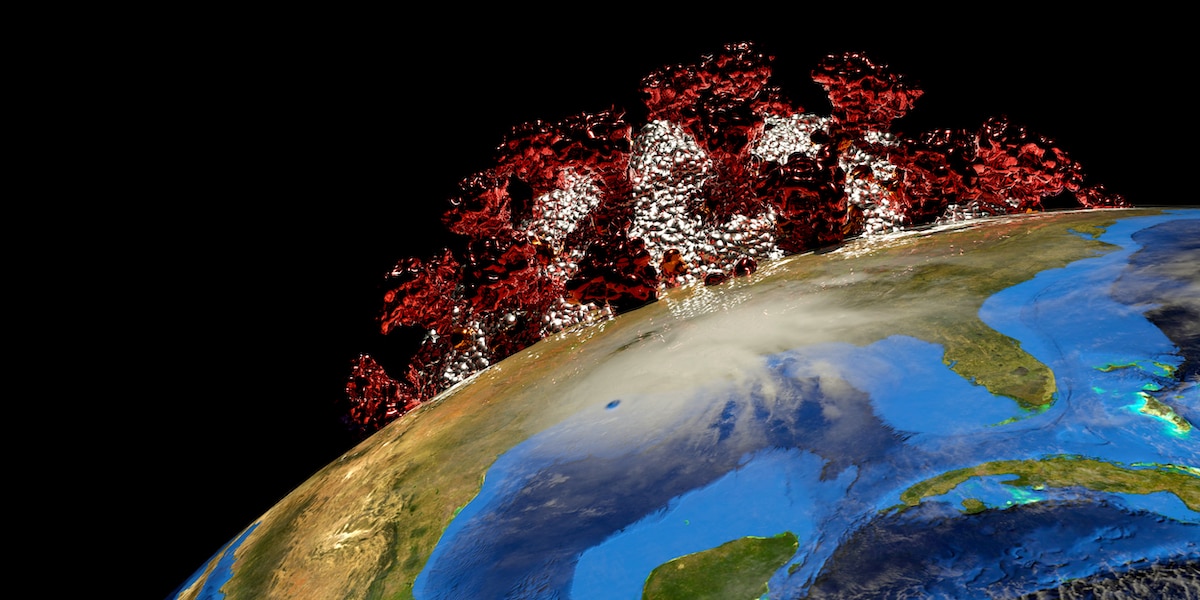

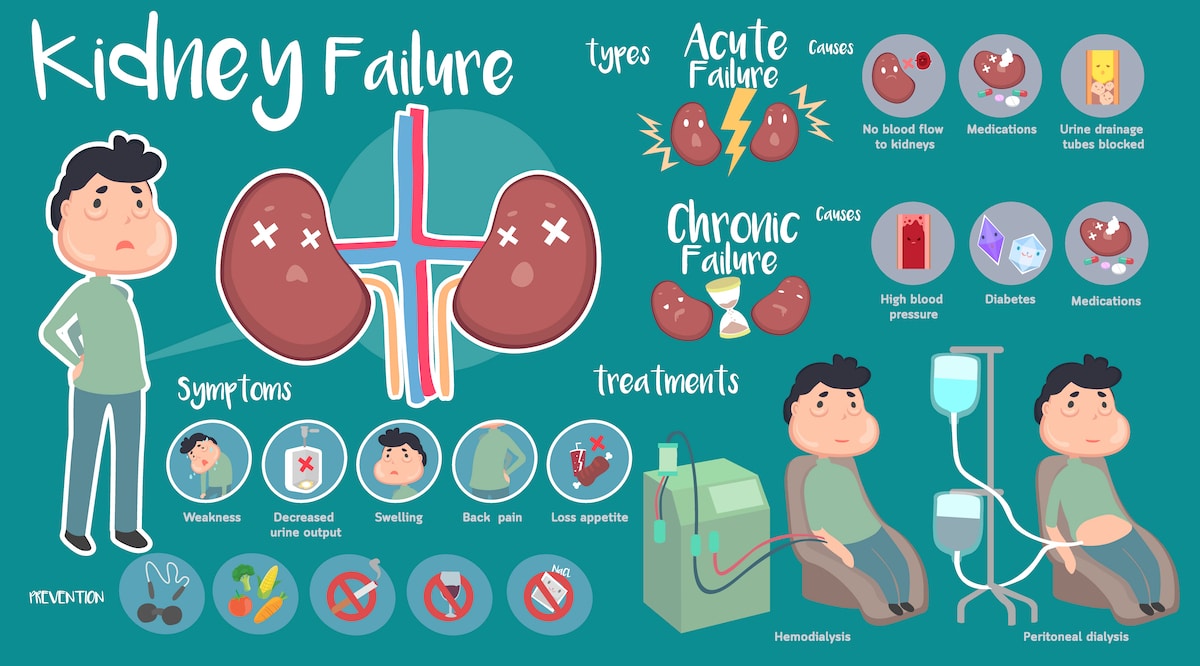

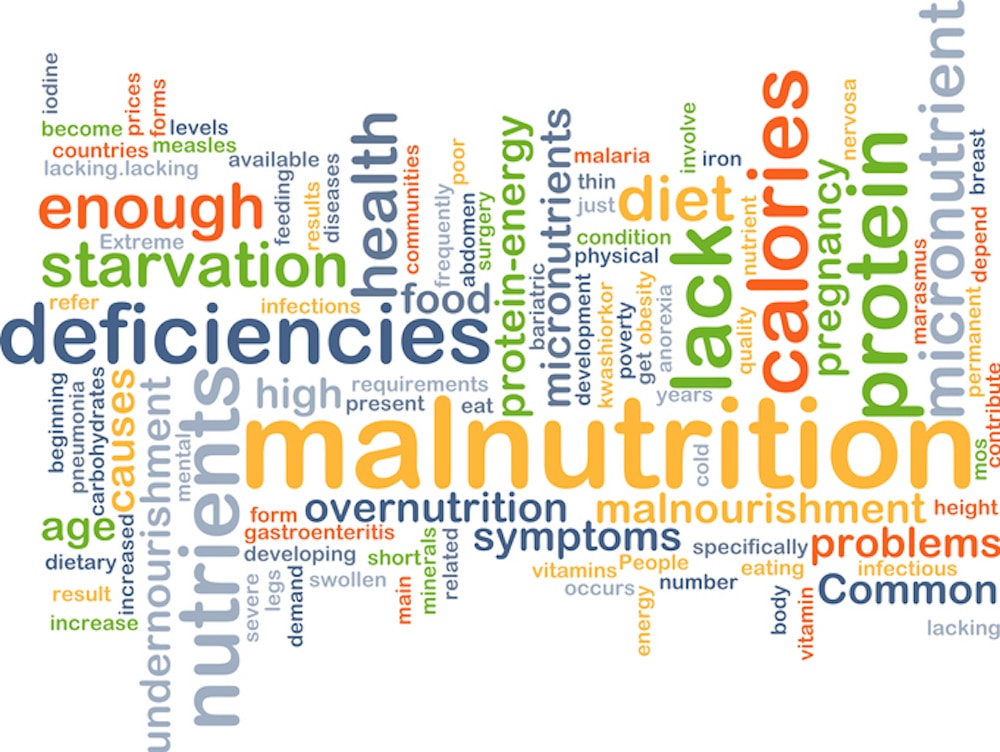



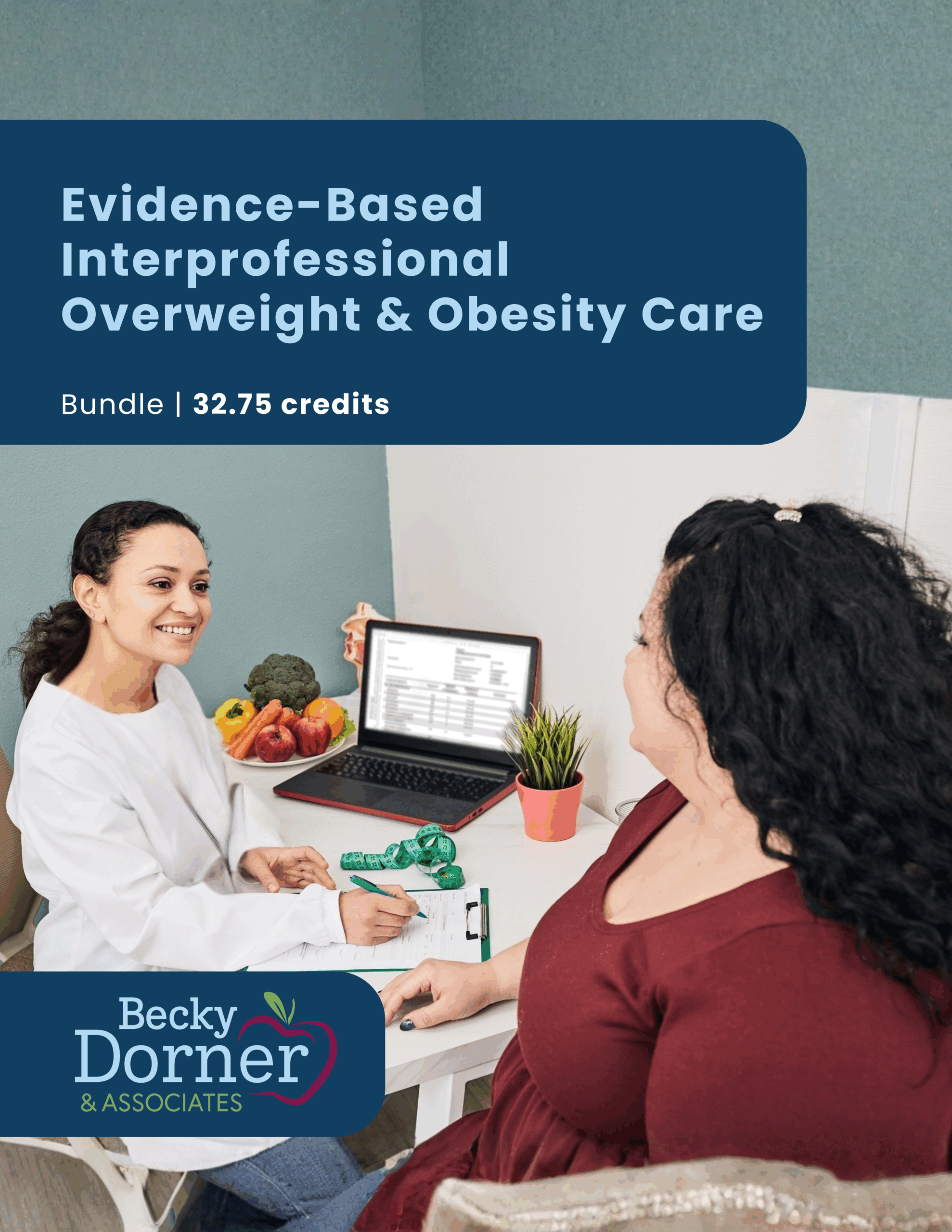
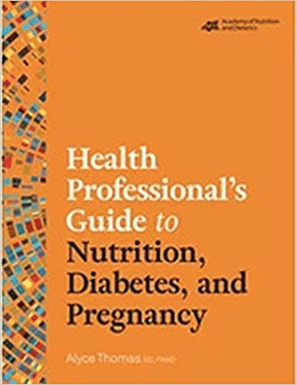

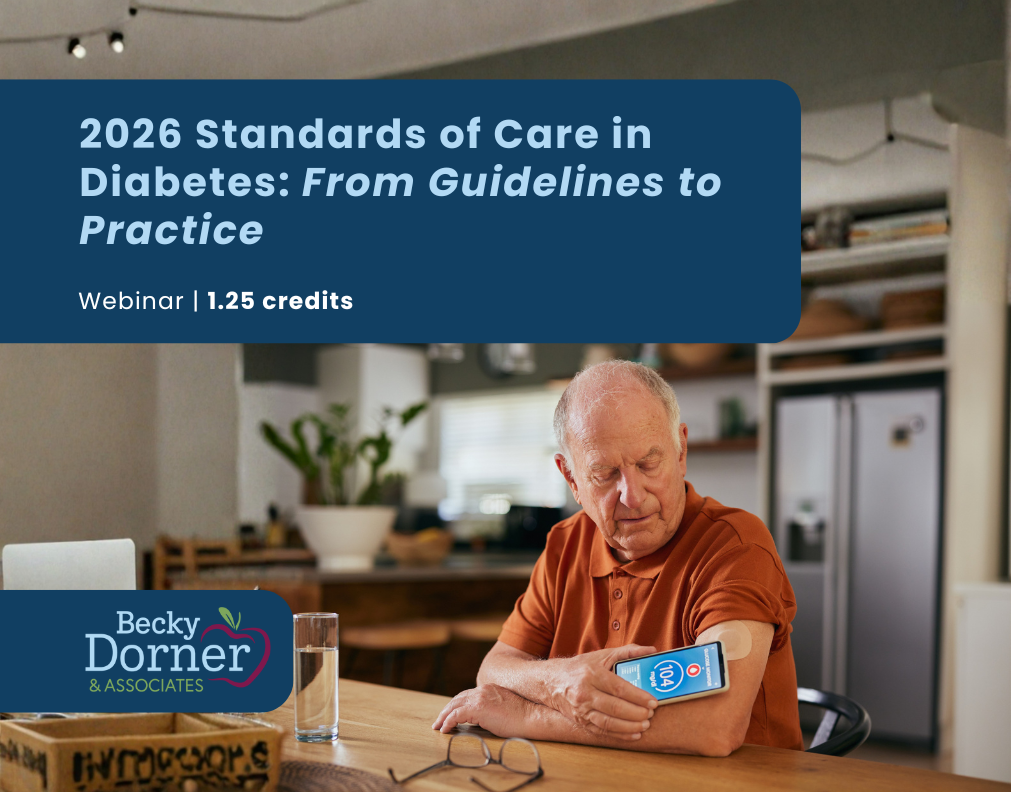


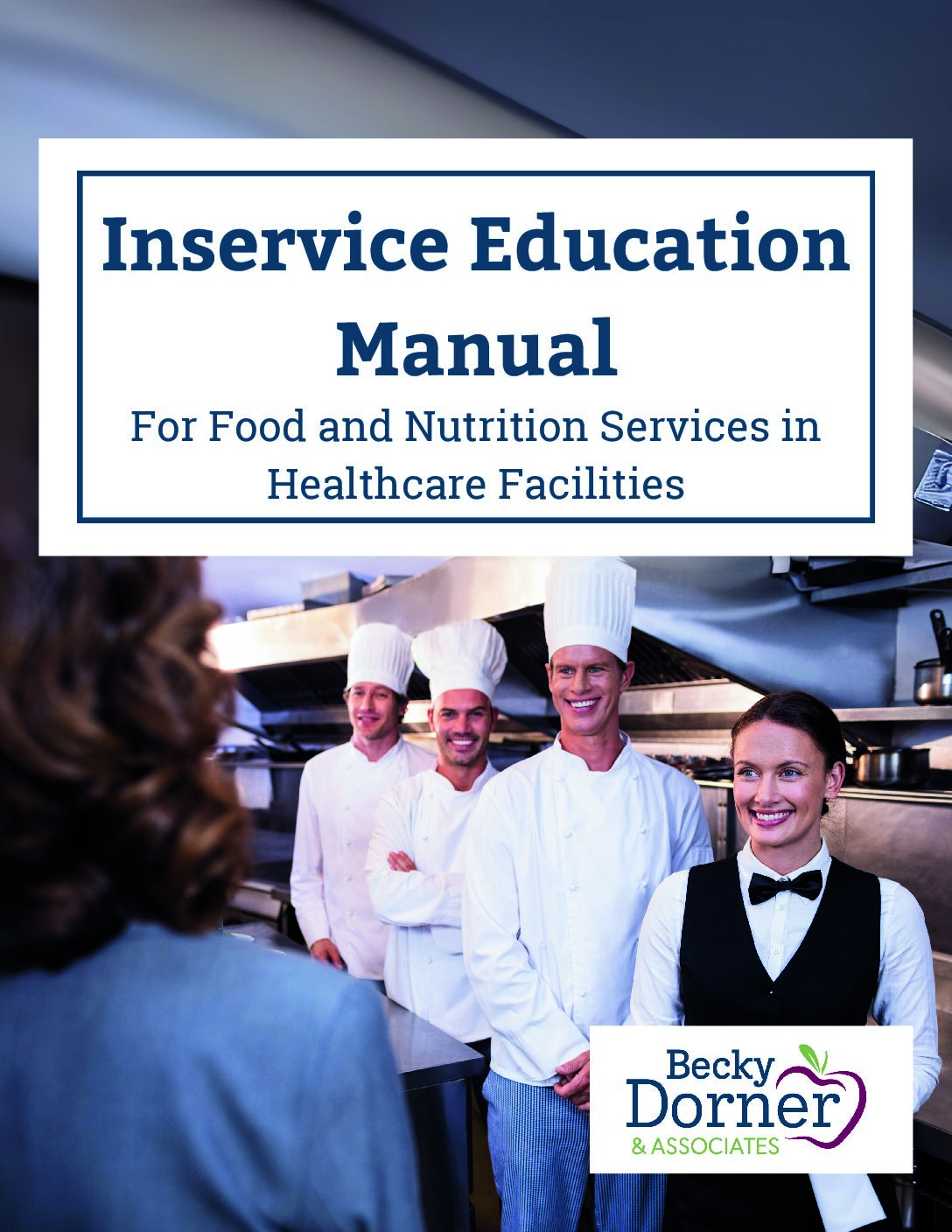
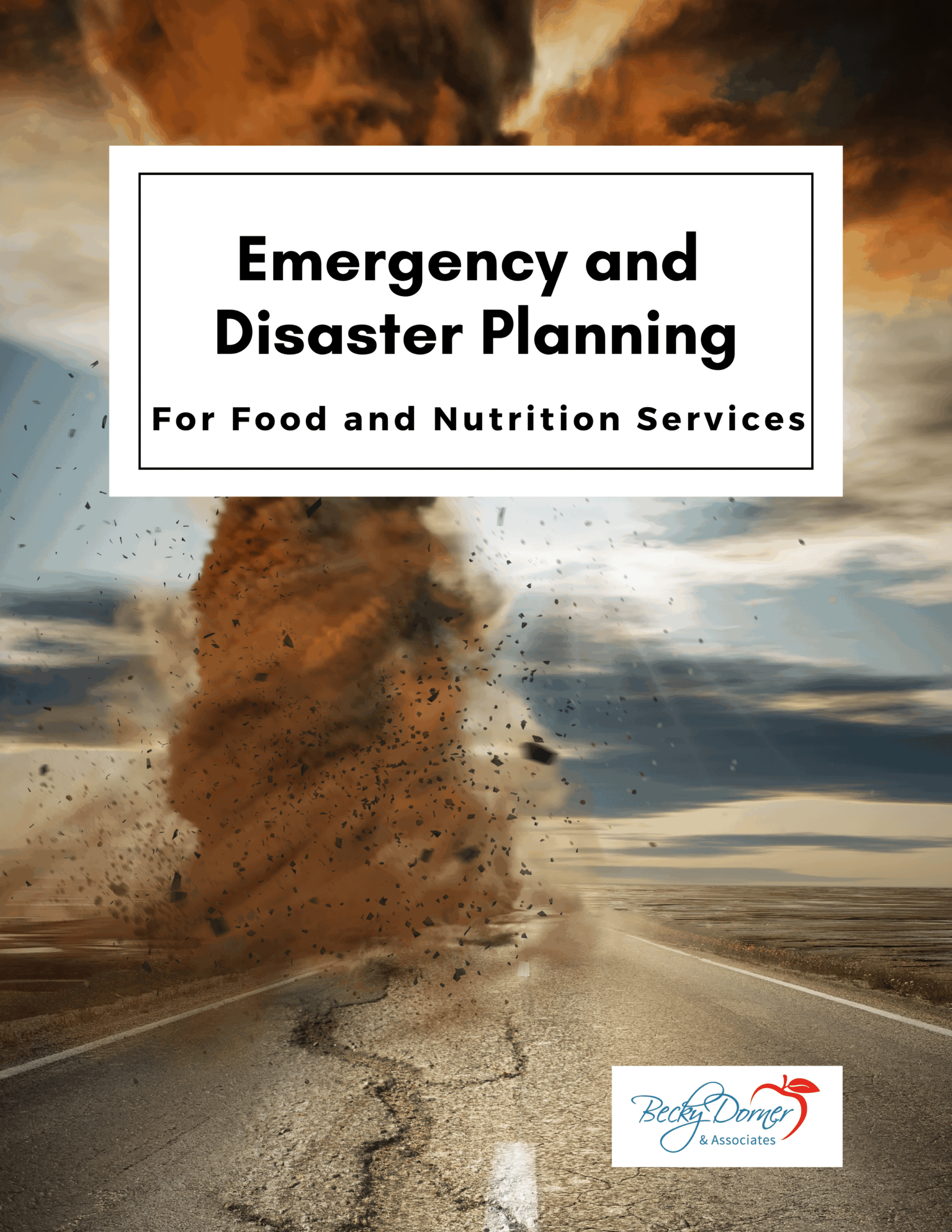
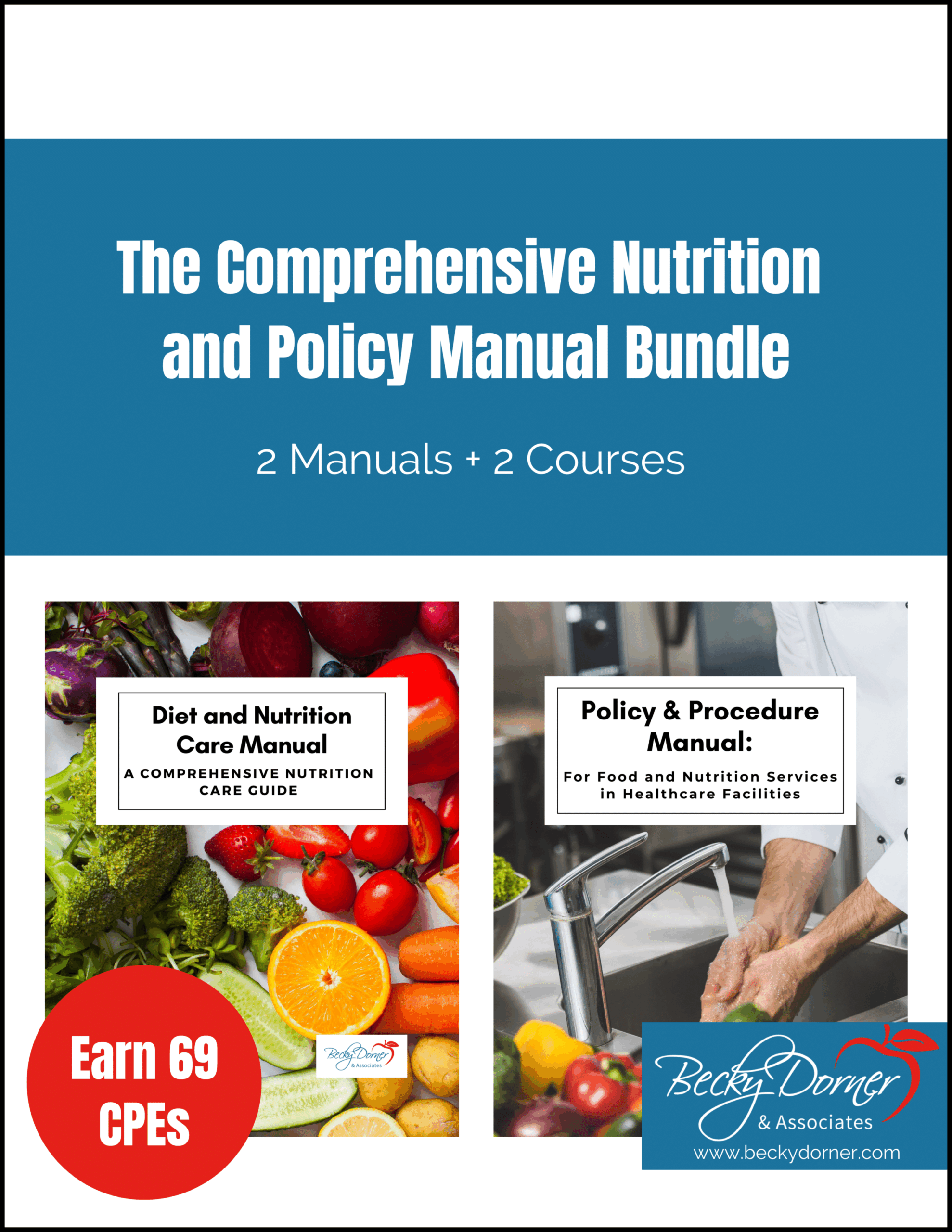
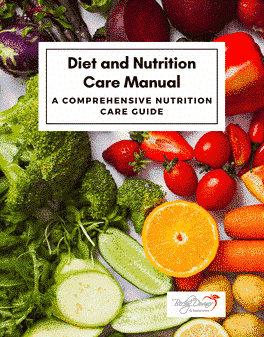
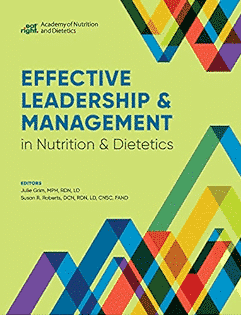


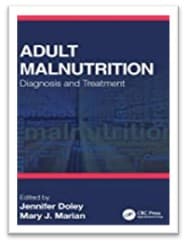
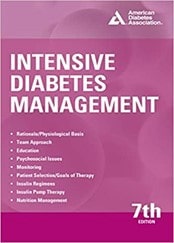


Connect With Us